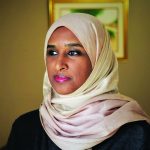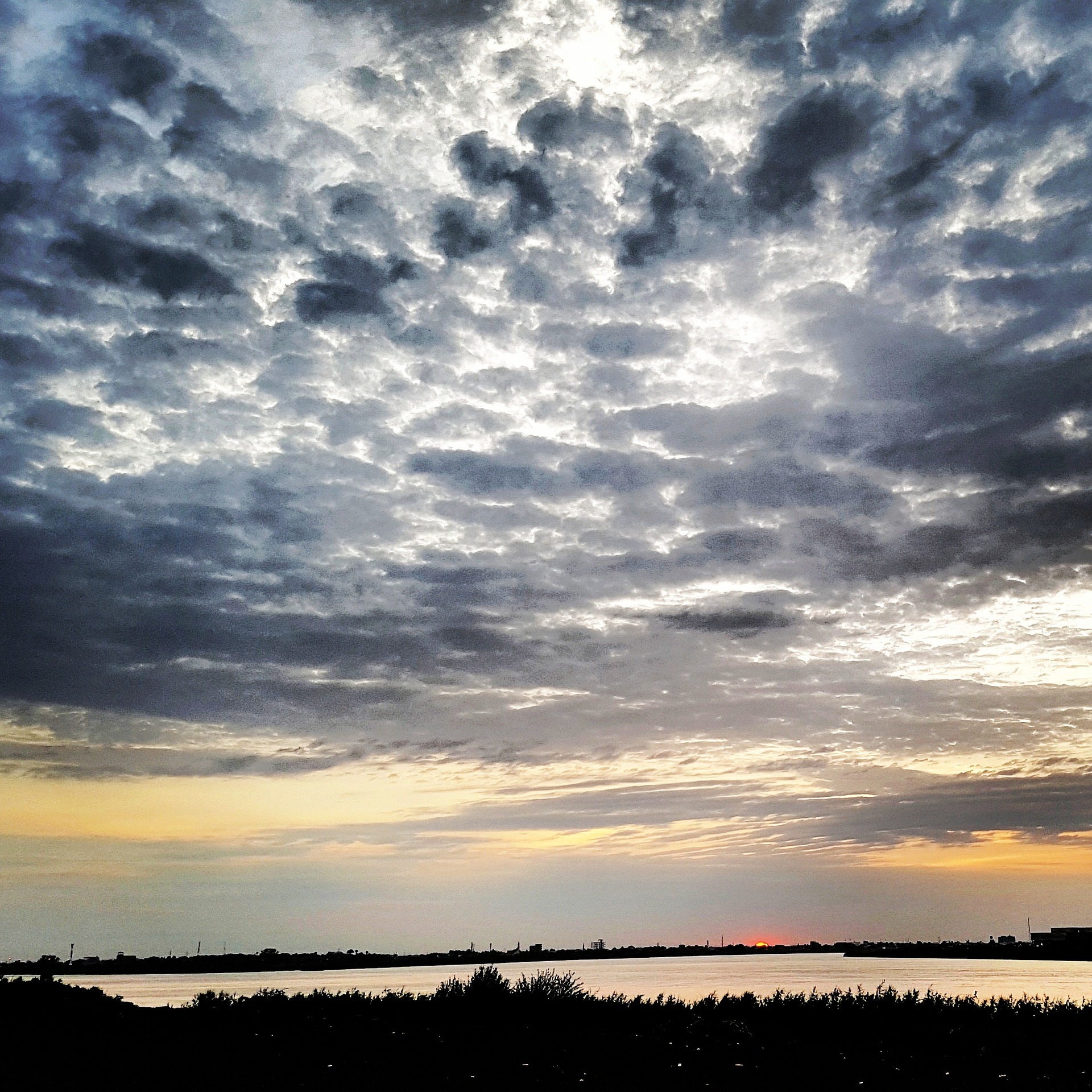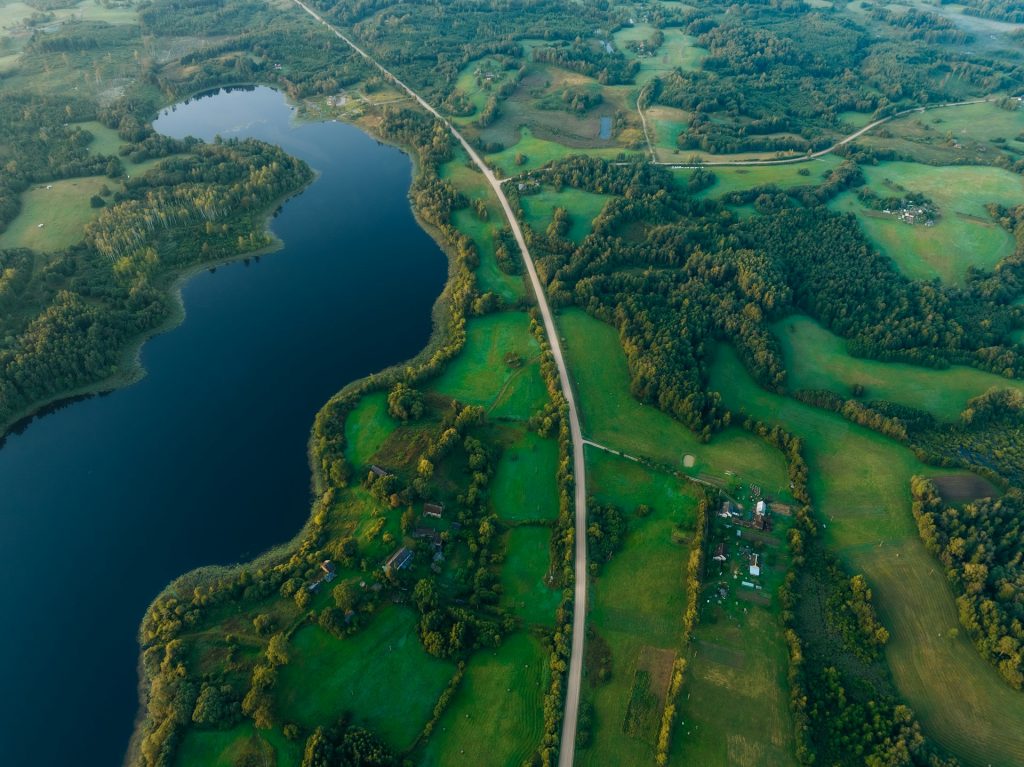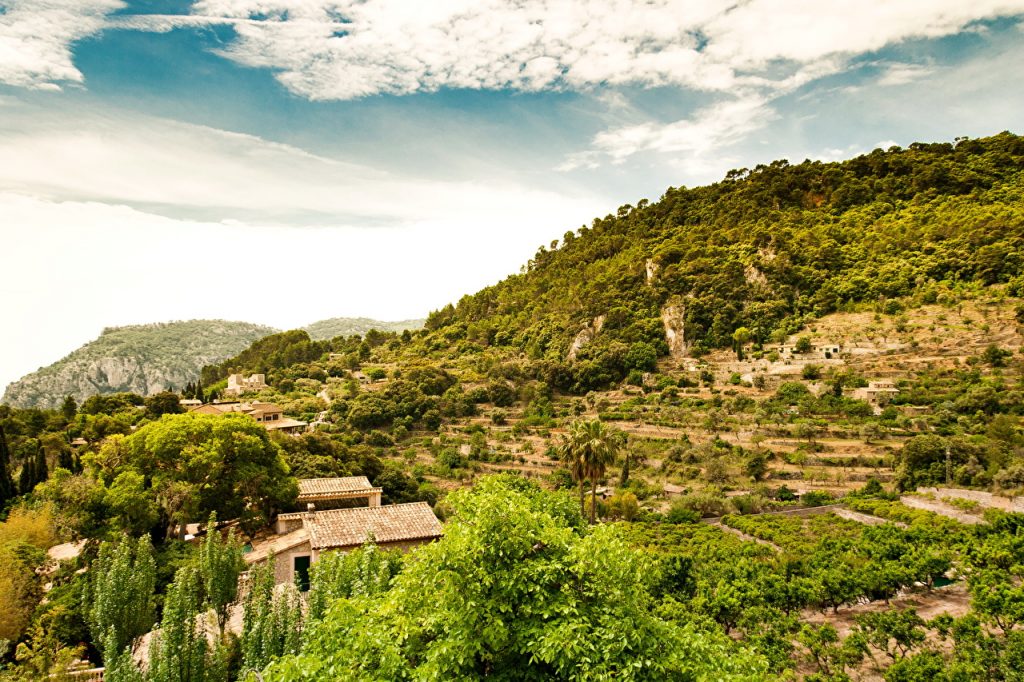Understanding Sudan through the Eyes of a Mother and Novelist
Background
More than a year ago, Sudan plunged into war, resulting in a catastrophic toll. Thousands have died, and millions are displaced, suffering from hunger and disease in the absence of aid. The UN describes it as one of the worst humanitarian disasters in recent history, affecting around 25 million people and causing the largest displacement crisis worldwide.
The conflict stems from the 2019 revolution that toppled dictator Omar al-Bashir. The power-sharing agreement between the army, the Rapid Support Forces (RSF), and civilians broke down when the RSF swiftly took control of Khartoum, leading to widespread violence and civilian casualties. The army, which originally established the RSF from Janjaweed militias, has been unable to defeat its creation, resulting in a fluid, deadly conflict with no clear frontline.
This war, unlike previous conflicts in Sudan, lacks significant international attention, partly overshadowed by crises like Gaza. The indifference of the global community has allowed the violence to persist unchecked. Despite the devastation, the resilience of the Sudanese people is clear. Communities have come together, sharing resources and providing aid through volunteer efforts, underscoring the unbreakable spirit of Sudan – a glimmer of hope amid the ongoing tragedy.
I went to medical school in Sudan when I was just 18. It was the first time I lived in Sudan as an adult, fully embedded in the country and in the community. Traveling by public transport to class and later working in public hospitals, I began to see my people in their entirety.
I saw the good things, of course, but I also saw difficult realities—the poverty and the inequities. It was my first time being exposed to our country’s racism. Honestly, it was not surprising, but seeing the scale of it and how normalized it was deeply troubled me. I didn’t fit in very well. Growing up between New Zealand and the Gulf, I experienced these things as an ‘informed outsider.’
The only way I could understand it was to write about it. This is the case even with my scientific writing—I need to write things down to understand what’s going on. It felt right when I wrote about Sudan and Sudanese things, Sudanese people and Sudanese challenges, especially very normal working-class people who have daily struggles of just trying to exist. It influenced my decision to shift from a high-income, high-pressure role as an ER physician to a slower-paced, grassroots role in public health, and I’m very comfortable with that decision.
My novel, A Mouth Full of Salt, came from a story a friend told me about someone who left her very young son with her mother-in-law. He was only three years old and was playing in front of the house when he was hit by a car and died. When the mother returned, everyone was crying and the mother-in-law begged her, “Please forgive me. You gave me something very precious to keep safe for you, and I didn’t keep him safe.” Hearing this, even before I had kids, was upsetting. Now, having kids, I understand how difficult that must have been. My novel revolves around a similar tragedy. Drowning in the Nile River is very common where we come from. It’s common all over Sudan.
The Nile is more than a geographical feature; it shapes the lives and histories of the people who live alongside it. Its power and unpredictability mirror the complexities of Sudan itself—its length and its width, its tributaries, and the way it changes direction. You don’t have many rivers that do that. Since the beginning of time, people have followed the Nile and used it in warfare to invade other areas.
Crisis in Sudan
- Mass displacement: As of Summer, 2024 over 8.6 million people (more than 15% of Sudan’s population) are displaced within the nation or seeking refuge in other countries.
- Acute food insecurity: Conflict, violence, and economic decline have pushed 17.7 million people, or 37% of Sudan’s population, into acute food insecurity, with 4.9 million at the “emergency” level and 12.8 million at the “crisis” level.
- Severe hunger conditions: Ongoing fighting continues to hamper humanitarian efforts in the delivery of food assistance, leading to severe hunger conditions, especially in conflict zones like Khartoum and other regions.
- Health emergency: Disease outbreaks, including cholera, malaria, measles, and dengue fever, are rising due to the disrupted health services.
- Education loss: With most schools closed or struggling to reopen, 19 million school-aged children face the risk of losing their education, jeopardizing the future prospects for Sudan and beyond.
Source | https://www.worldvision.org
Of course, all the communities that live along the Nile depend on it. And all these people are fighting over it. Who gets the water? How much water do they get? Who controls where the tributaries are? Who builds the dams? It just takes up so much of people’s lives.
I used to cross this really high bridge to go to medical school and you would see the river way down there, with farmlands on both sides and these barges. Once we were crossing and I looked right into the dining room of a barge! It was next to me. And this had just happened overnight. It gives you an idea of how suddenly the Nile can change and how powerful it is. It’s like a beast that is sleeping, and then suddenly it lifts its head, opens its mouth, and just grabs someone. You cannot tame it and you cannot restrict it. It’s just going to do its own thing.
Parenting has changed me. Before I had kids, I was punctual, organized, and highly productive. Now, with three boys—including twins—I struggle with deadlines and constantly worry about their well-being and future. The thought of losing a child is unbearable. I don’t know how people go through that and I don’t know how they get over it if they ever get over it. Now, with the war, it happens all the time.
In Sudan, women are expected to be married, and to be mothers. That’s about the end of it. Not bearing children is always the fault of the woman. I’m talking about 90% of the population, not the 10% who are educated. The woman is always blamed. I’ve seen this countless times. And yet, when a couple does have children, they are the property of the man. It’s actually part of the law here that men are allowed to take the kids away from their mothers even if they don’t have custody. And what bothers me the most is that it’s the women who go along with this.
Education is key for breaking the cycle of poverty and that doesn’t mean that you break away from who you are as a Sudanese, as a Muslim, or as a woman. It worries me that we still have to explain this in 2024. Unfortunately, the deliberate targeting of education and women’s rights by previous regimes has stalled progress. Public health initiatives have shown that education can significantly reduce malnutrition, childhood illnesses, and mortality. It is essential to advocate for the education of girls, not only as a right but as a means to improve the overall well-being of communities. It’s not something we should even be debating. Of course, right now it’s not even discussed.
Decades of conflict have left Sudan in a state of crisis, with millions displaced and facing starvation. The global community’s indifference allows the war to persist. It impacts everything. Every waking moment of our lives is now just about this. There is a contrast between North and South Sudan. It’s not just about what happened during colonial times, or what happened during independence. It is this and more.
I’m glad that I won the Island Prize and that I got published and the book is being read and everything, but I can’t feel that happiness. Whenever I open Facebook or Instagram or Twitter, I have to scroll through posts of real people looking for missing loved ones or posts of people who died, and then I close it. I don’t post anything. It’s like I’m in a different world compared to what’s happening back home.
What I have been doing is using everything and anything to try and advocate and spread the word and raise awareness about what’s happening in Sudan. Every time I talk about the book, I’m also talking about Sudan. I’m trying to use my platform.
The book touches on a lot of negative things that exist in our society—inequality, greed. I think if the war had happened first, I probably wouldn’t have written about these things because I don’t want my people exposed in this way at their most vulnerable. There are many heroic actions, people selflessly giving, or just trying to survive, and they don’t really need negativity right now. But on the other hand, we need to talk about these problems that we have as a society because they contributed to the war in the first place. In order to break that cycle and try to move forward, we need to come to terms with these things. They shouldn’t be carried forward.
We are dealing with a crisis that is so massive at the moment. We’re talking about tens of millions of people who basically have nowhere to go, losing their lives every day. I think it speaks volumes about the world that most people don’t know about this. It’s not just that they don’t know, it’s that they’re not even interested. That’s what concerns me the most. Even when people do talk about it, they insist on reducing it. ‘This is just a civil war—black people fighting with each other’, or it’s ‘Arab versus African’—they’re always trying to reduce it to something.
How do you force people to care about your cause? Both sides and all people funding these sides have grown so comfortable that they can get away with anything. It’s getting so much worse. How do you fund a war on this level for an entire year? Sudan is a huge country and they’re traveling with thousands of pickup trucks and heavy ammunition and they’re gunning people down in villages, they’re raping people, and they’re forcefully disappearing people. Where do they get the money for all of that? How are they paying all these fighters who are joining them from all these different places? How is this happening?
Learn more about Reem, her book and the situation in Sudan
Ep77: Reem Gaafar on Sudan, motherhood & loss
The Diverse Bookshelf Podcast | Host: Samia Aziz
Excerpt | A Mouth Full of Salt, by Reem Gaafar
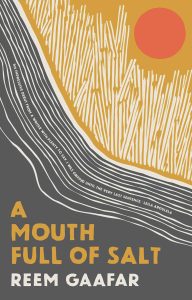 Nyamakeem’s work in the market was important not just as a source of income, but also as a source of news. She listened intently as her customers read the newspapers out loud and argued about the dying days of British occupation, about the countries around them that had gained their independence, and how it was their turn now that the British had granted the Sudanese the right for self-determination two years before. She came to recognise the names of Ismail Alazhari, Abdulrahman Almahdi, Almirghani. Politicians who were tribal leaders, tribal leaders who were politicians. Just like the men in the market, some of these leaders were for independence while others wanted the British to stay. Next year, in 1956, they would decide. All this interested her only a little, though. What interested her was the bits of information from the South.
Nyamakeem’s work in the market was important not just as a source of income, but also as a source of news. She listened intently as her customers read the newspapers out loud and argued about the dying days of British occupation, about the countries around them that had gained their independence, and how it was their turn now that the British had granted the Sudanese the right for self-determination two years before. She came to recognise the names of Ismail Alazhari, Abdulrahman Almahdi, Almirghani. Politicians who were tribal leaders, tribal leaders who were politicians. Just like the men in the market, some of these leaders were for independence while others wanted the British to stay. Next year, in 1956, they would decide. All this interested her only a little, though. What interested her was the bits of information from the South.
‘A mutiny in the South!’
Nyamakeem paused with a spoon full of aubergine salad in mid-air. The market had been particularly quiet that afternoon and there were no Southerners around at all. The two men sitting on the low stools in front of her were sharing a newspaper, concentrating on the lower half of a page. One of them held onto his fava bean sandwich with the other hand and brought it up to his mouth for a bite. The other seemed to have forgotten his.
‘Three hundred killed! Three hundred! Those criminals!’
Nyamakeem’s listened with mounting horror as the men read out the news of a rebellion in the South in which soldiers from the Equatorian Corps had killed over three hundred Northerners the previous week – soldiers and civilians. It had happened in Torit and had been followed by mutinies in other garrisons. She looked up from the sandwich she was making into the eyes of the two men who were looking straight at her and held her breath.
Just a minute ago they had been happily swallowing her sandwiches. Now they stared at her with suspicion, as if it was her they were reading about in the paper. Nyamakeem looked back down and busied herself with the food and cleaning up the crumbs until the two men got up and left.
They didn’t pay for their sandwiches. She quickly gathered her things and hurried home.
It seemed that the men’s sentiment was shared by everyone as news of the killings spread, and people recognised family members and friends, entire families who had perished in the uprisal. Nyamakeem was now facing looks of hatred and dirty comments as she walked down the street to and from work. Two of the families she regularly cleaned for told her they no longer required her services.
Her food selling business suffered as even her regular customers angrily boycotted her. Even the Southerners, sensitive to the hostility in the air, stopped coming and their presence in the market decreased markedly. The news would die down eventually, but the undercurrent of unrest in the South constantly simmered beneath the conversations Nyamakeem heard. It felt as if the storm that had been brewing for the past several years had finally arrived.


